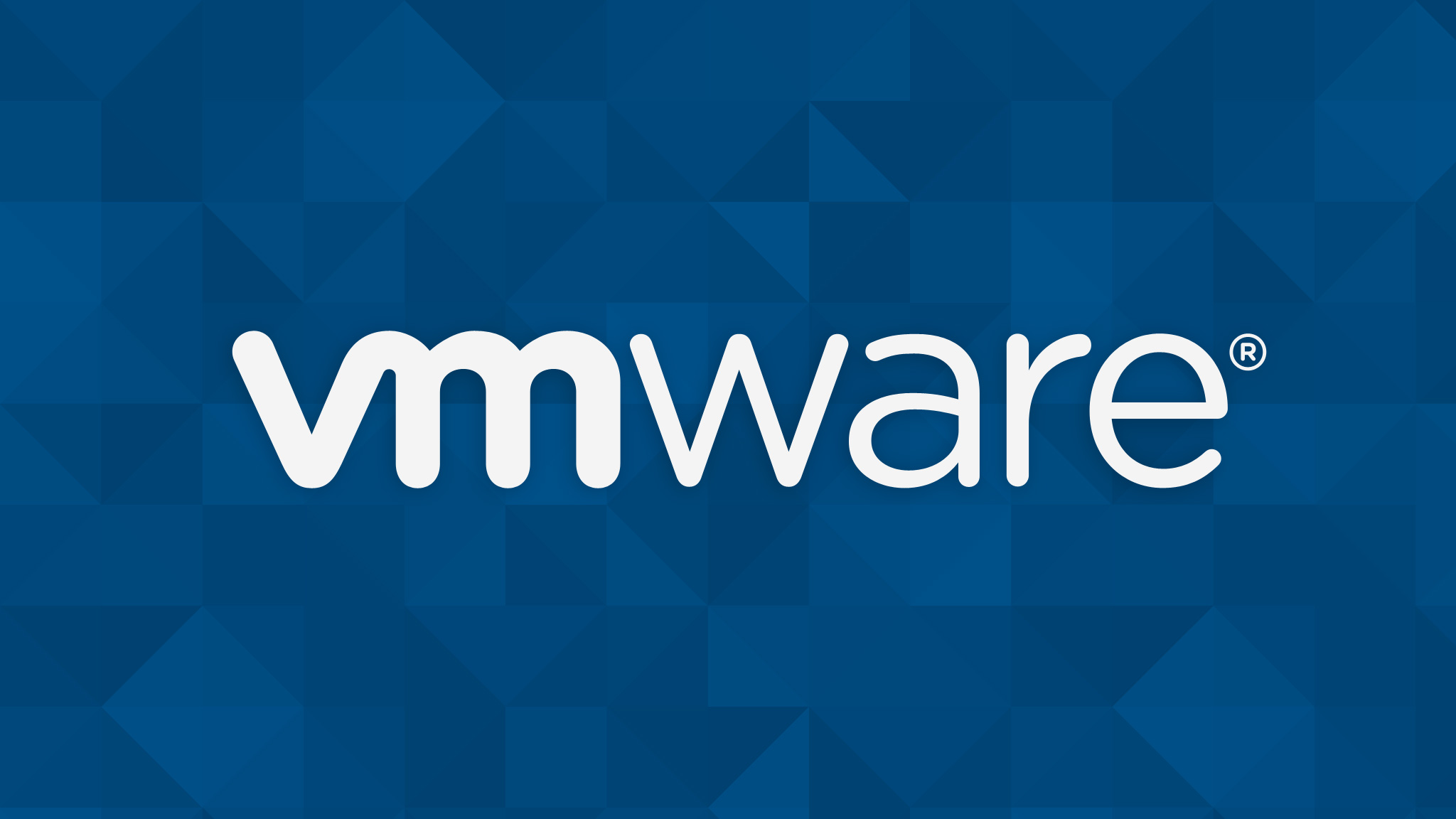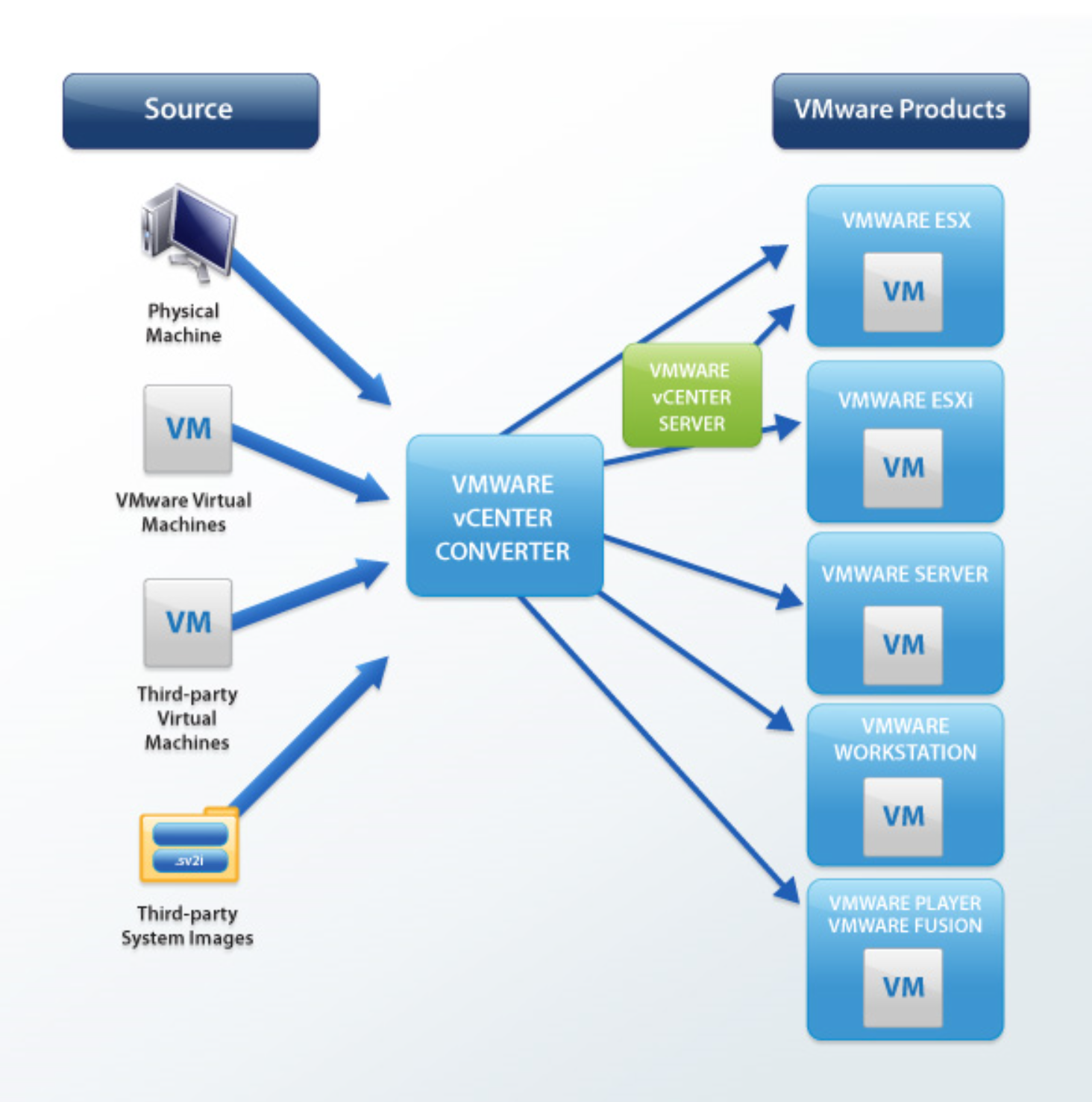VMware Competitor: Who's In The Game And Why It Matters
When it comes to virtualization and cloud computing, VMware has been a game-changer for years. But let's be real, no one dominates the market forever. The tech world is all about competition, innovation, and staying ahead of the curve. So, if you're wondering who’s giving VMware a run for their money, you’ve come to the right place. In this article, we’ll dive deep into the world of VMware competitors, uncovering the players, their strengths, and why they matter to businesses like yours.
Think of it like a boxing match. VMware might be the champ, but there’s a whole lineup of contenders waiting to knock them off the pedestal. From Microsoft to Red Hat, and even Amazon Web Services, these companies are bringing their A-game to the ring. So, if you're looking to switch or just want to know what’s out there, this is the ultimate guide for you.
Before we dive in, let me tell you something cool. This article isn’t just another boring tech breakdown. It’s packed with real-world insights, industry stats, and actionable tips to help you make the right decision. Whether you're a tech enthusiast or a business owner trying to optimize your IT infrastructure, you'll find something valuable here. So, buckle up and let’s get started!
- Bodhi Bragonier Young Dyslexia Advocate Inspiration
- Ssh For Iot Secure Remote Access A Complete Guide
Here’s a quick rundown of what we’ll cover:
- Who are VMware’s main competitors?
- What makes these competitors stand out?
- How do they stack up against VMware?
- Why should you care?
Understanding VMware and Its Role in the Market
First things first, let’s talk about VMware. Founded way back in 1998, VMware has been a pioneer in the virtualization space. Their flagship product, VMware vSphere, is like the gold standard for server virtualization. But here’s the thing—VMware isn’t just about virtualization anymore. They’ve expanded into cloud computing, hybrid cloud solutions, and even cybersecurity. It’s like they’ve got their fingers in every pie.
Now, why does this matter? Well, if you’re looking for a solution that can handle everything from data center management to multi-cloud environments, VMware’s got your back. But, as we all know, the tech world is always evolving. And where there’s a dominant player, there’s always someone trying to take their spot. So, who’s out there giving VMware a challenge? Let’s find out.
- Anjali Arora Mms Video Controversy She Fights Back Defamation Case
- Jimmy Swaggarts Net Worth Scandals Ministry Millions
Top VMware Competitors in the Virtualization Space
Microsoft Hyper-V: The Tech Giant’s Play
Let’s start with the big one—Microsoft. Their virtualization solution, Hyper-V, is no joke. It’s been around since 2008, and it’s come a long way. Hyper-V is part of the Windows Server lineup, which means it’s tightly integrated with the Microsoft ecosystem. If you’re already a Microsoft shop, this could be a no-brainer for you.
Here’s the deal: Hyper-V offers enterprise-grade features at a fraction of the cost of VMware. Plus, it’s got some cool stuff like live migration, storage migration, and virtual switch capabilities. But, like everything, it’s not perfect. Some users complain about the learning curve, especially if you’re coming from a VMware background.
Red Hat Virtualization: The Open-Source Alternative
Next up, we’ve got Red Hat. Known for their open-source roots, Red Hat Virtualization is all about giving businesses more control and flexibility. It’s built on KVM (Kernel-based Virtual Machine), which is a Linux-based hypervisor. If you’re into open-source solutions, this could be the one for you.
Red Hat’s got some serious advantages. For starters, it’s highly customizable, which means you can tailor it to fit your specific needs. Plus, it integrates seamlessly with other Red Hat products, like Red Hat Enterprise Linux. But, like any open-source solution, it requires a bit more technical know-how. So, if you’ve got a team of Linux pros, this could be a great fit.
Cloud Computing Competitors: The Game Changers
Amazon Web Services (AWS): The Cloud Giant
When it comes to cloud computing, AWS is the name everyone knows. They’ve been leading the pack for years, and they’re not slowing down anytime soon. AWS offers a wide range of services, from compute and storage to database and machine learning. It’s like a one-stop-shop for all your cloud needs.
Now, how does this relate to VMware? Well, VMware’s got their own cloud offering, VMware Cloud on AWS. But AWS also offers its own virtualization services, like EC2 and Elastic Beanstalk. These services are highly scalable and cost-effective, making them a strong competitor to VMware’s cloud solutions.
Google Cloud Platform (GCP): The Innovator
Don’t sleep on Google Cloud Platform. They’ve been making waves in the cloud space with their cutting-edge technology and AI capabilities. GCP offers a wide range of services, from compute and storage to big data and machine learning. And let’s not forget about Anthos, their hybrid and multi-cloud platform.
What sets GCP apart is their focus on innovation. They’re always pushing the boundaries of what’s possible in the cloud. Plus, they’ve got some serious partnerships with companies like SAP and Salesforce. If you’re looking for a cloud provider that’s all about the future, GCP could be the one for you.
On-Premises Competitors: The Legacy Players
Citrix Systems: The Workspace Solution
Citrix has been in the game for decades, and they’re still a major player in the virtualization space. Their workspace solution, Citrix Virtual Apps and Desktops, is all about delivering a seamless user experience. It’s like having your own personal workspace in the cloud.
What makes Citrix stand out is their focus on user experience. They’ve got some cool features like HDX, which delivers high-definition virtual desktops and applications. Plus, they’ve got a strong presence in the healthcare and financial services industries. If you’re looking for a solution that prioritizes user experience, Citrix could be the way to go.
Oracle VM: The Enterprise Solution
Oracle’s been around for ages, and they’ve got a strong presence in the enterprise space. Their virtualization solution, Oracle VM, is all about delivering enterprise-grade performance and reliability. It’s built on Xen, which is an open-source hypervisor, but it’s been heavily customized by Oracle.
What sets Oracle VM apart is its integration with other Oracle products, like Oracle Database and Oracle Cloud. This makes it a great fit for businesses that are already invested in the Oracle ecosystem. Plus, it’s got some serious scalability, which means it can handle even the largest workloads.
Key Features and Capabilities of VMware Competitors
Cost Efficiency: Who’s Got the Best Deal?
Let’s talk about the elephant in the room—cost. VMware’s got a reputation for being expensive, and that’s where some of their competitors shine. Microsoft Hyper-V, for example, is included with Windows Server, which means you don’t have to pay extra for it. Red Hat Virtualization is also cost-effective, especially if you’re already using other Red Hat products.
When it comes to cloud providers, AWS and GCP offer pay-as-you-go pricing, which means you only pay for what you use. This can be a huge advantage for businesses that don’t want to commit to long-term contracts. Plus, they’ve got some serious discounts for heavy users.
Scalability: Who Can Handle the Load?
Scalability is a big deal in the tech world. You want a solution that can grow with your business, not one that’s going to bottleneck you down the line. AWS and GCP are kings when it comes to scalability. They’ve got data centers all over the world, which means they can handle even the largest workloads.
On the on-premises side, Citrix and Oracle VM are no slouches either. They’ve got some serious scalability, especially when it comes to enterprise-grade workloads. Plus, they’ve got some cool features like load balancing and auto-scaling, which can help you optimize your resources.
Choosing the Right Solution for Your Business
User Experience: Who Delivers the Best?
User experience is everything in today’s world. You want a solution that’s easy to use, reliable, and secure. Citrix is a standout in this area, with their focus on delivering a seamless user experience. They’ve got some cool features like remote access and multi-factor authentication, which can help you keep your data safe.
On the cloud side, GCP’s got some serious AI capabilities that can enhance the user experience. They’ve got features like natural language processing and computer vision, which can help you deliver personalized experiences to your customers.
Integration: Who Plays Nicest with Others?
Integration is key when it comes to IT solutions. You want a solution that can work seamlessly with your existing systems and applications. VMware’s got some serious integration capabilities, especially with their cloud offerings. But let’s not forget about Microsoft and Red Hat. They’ve both got strong integration with their respective ecosystems, which can make life easier for businesses that are already invested in those platforms.
Data Security and Compliance: A Must-Have
Security Features: Who’s Got Your Back?
Data security is a top priority for businesses today. You want a solution that can protect your data from cyber threats and comply with industry regulations. All of VMware’s competitors offer robust security features, like encryption, firewalls, and intrusion detection.
But here’s the thing—security isn’t just about features. It’s about having a comprehensive strategy that covers all aspects of your IT infrastructure. That’s why it’s important to choose a solution that aligns with your security needs and compliance requirements.
Compliance: Who Meets the Standards?
Compliance is a big deal, especially in industries like healthcare and finance. You want a solution that meets the necessary standards, like HIPAA, GDPR, and PCI-DSS. All of VMware’s competitors offer compliance options, but it’s important to do your research and make sure they meet your specific needs.
Future Trends in Virtualization and Cloud Computing
The Rise of Multi-Cloud and Hybrid Cloud
Multi-cloud and hybrid cloud are the future of IT infrastructure. Businesses are moving away from single-cloud solutions and embracing a more flexible approach. This means using multiple cloud providers to optimize performance, reduce costs, and improve reliability.
VMware’s got their own hybrid cloud solution, VMware Cloud on AWS. But let’s not forget about GCP’s Anthos and Microsoft’s Azure Arc. These solutions offer a seamless way to manage workloads across multiple clouds, making them a strong competitor to VMware’s offerings.
The Role of AI and Automation
AI and automation are transforming the IT landscape. They’re helping businesses optimize their resources, improve efficiency, and reduce costs. AWS and GCP are leading the charge in this area, with their cutting-edge AI capabilities and automation tools.
But it’s not just about the cloud providers. On-premises solutions like Citrix and Oracle VM are also embracing AI and automation. They’re using these technologies to improve user experience, optimize performance, and reduce downtime.
Conclusion: Who’s the Right Fit for You?
So, there you have it—a deep dive into the world of VMware competitors. From Microsoft Hyper-V to Google Cloud Platform, there’s no shortage of options out there. But here’s the thing—there’s no one-size-fits-all solution. The right choice for you depends on your specific needs, budget, and goals.
Before you make a decision, take some time to evaluate your options. Consider factors like cost, scalability, user experience, and integration. And don’t forget about security and compliance. These are all critical factors that can impact your business in the long run.
And here’s a quick call to action for you. If you’ve got any questions or comments, feel free to drop them below. Or, if you found this article helpful, share it with your network. The more people know about VMware competitors, the better. Thanks for reading, and see you in the next one!
- Who Is Sophie Rain Bio Tiktok Fame Shocking Net Worth
- Itscarlyjanes Leaked Content Whats Trending Now Updated

Vmware Esxi 1 Zit Seng S Blog How To Move A File From Local Win 10 Os

VMware Logo PNG Transparent & SVG Vector Freebie Supply

VMware vCenter Converter Standalone 6.0 Northtech Consulting